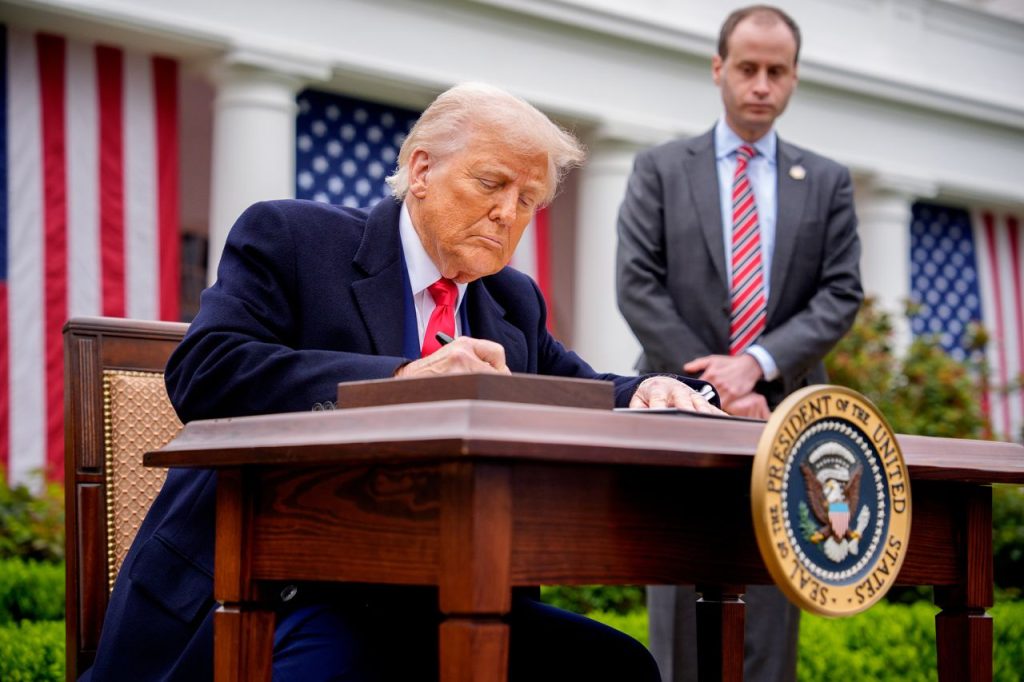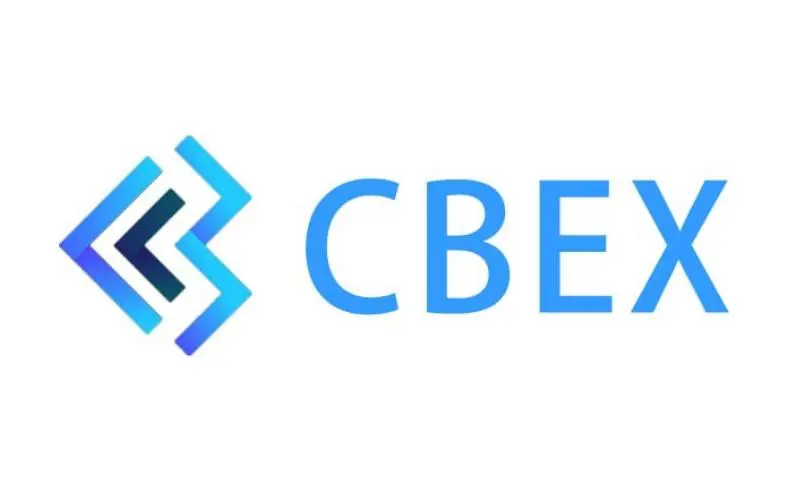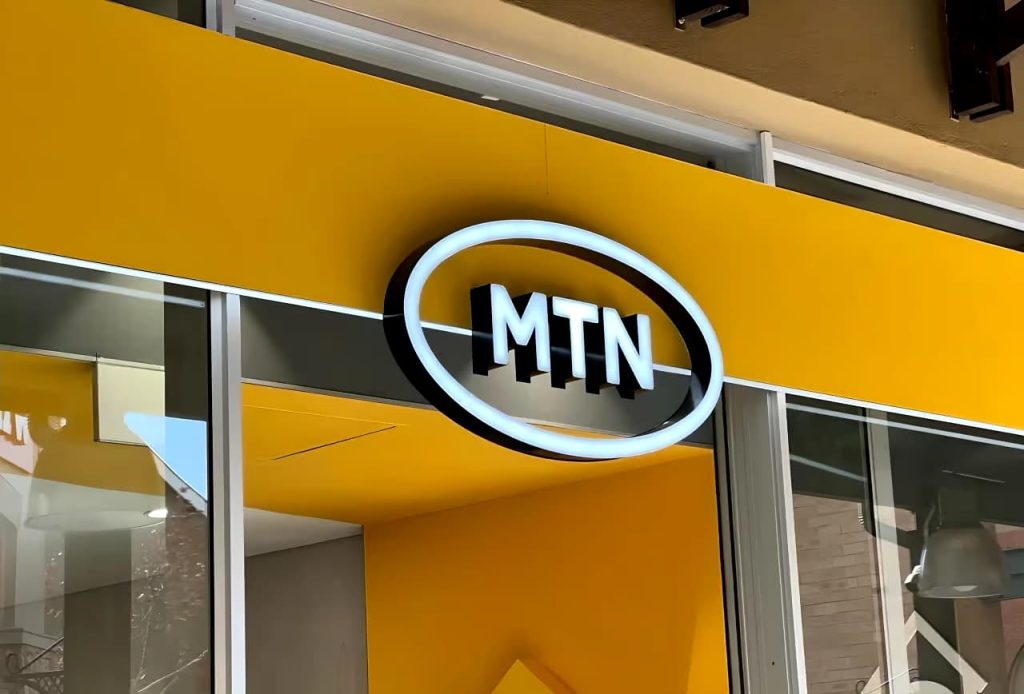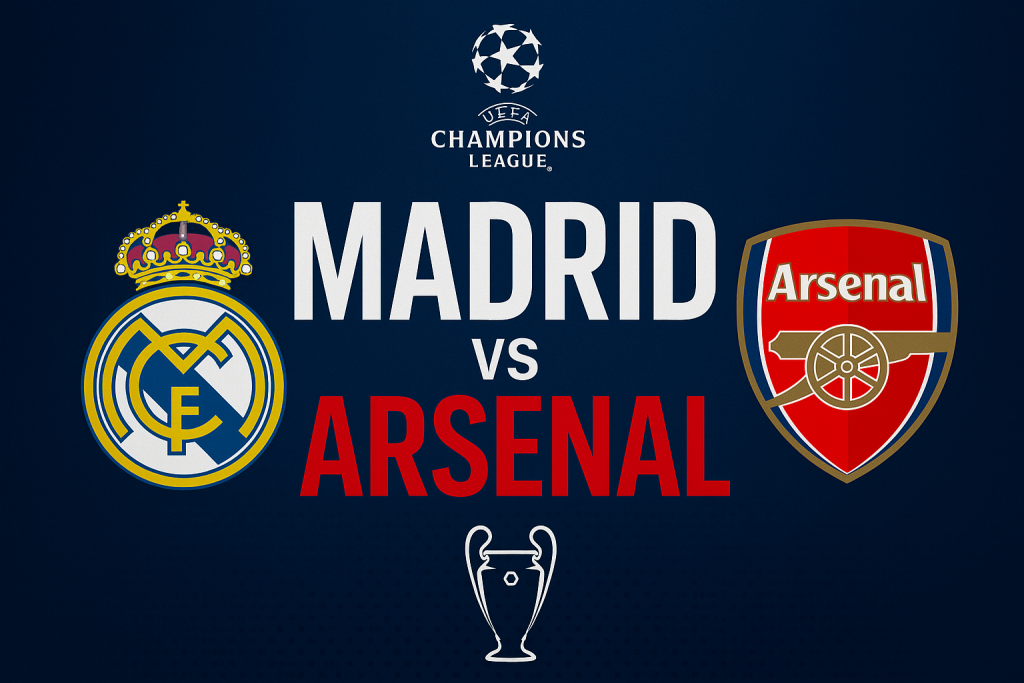Read the story of Unilever Nigeria, the 100-year company that spawned Nigeria’s most iconic products: Omo, Knorr, Lux, etc.
Sunlight Soap: Two Brothers Revolutionize Soap-making
In 1885 in faraway England, William Hesketh Lever and his brother, James entered the booming soap business as ‘Lever Brothers.’ Their soap was originally named Honey Soap, later becoming Sunlight Soap.
Before Sunlight, soap was sold in big bars, and shopkeepers would slice off pieces for customers. Sunlight changed the game by being the first household soap to come pre-wrapped. At first, the tablets were wrapped in imitation parchment, but in 1886, they started coming in bright, colorful cartons.
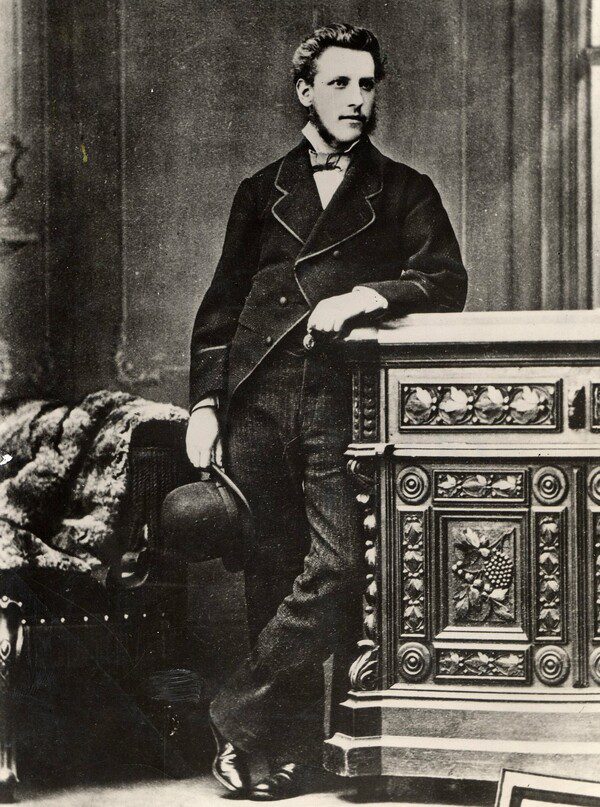
To make sure customers knew they were buying quality, the packaging even advertised a £1,000 (£128,000 in today’s money) reward for anyone who could find impurities in the soap. As far as anyone knows, no one ever claimed such a huge prize money. It showed how confident the brothers–or rather William since James played no role in the running of the company–were in their product.
This new soap was developed by a chemist in partnership with the brothers. It had palm oil as its main ingredient. It would be the quest for more palm oil for their soap-making business that would bring Lever Brothers to Africa and to Nigeria.
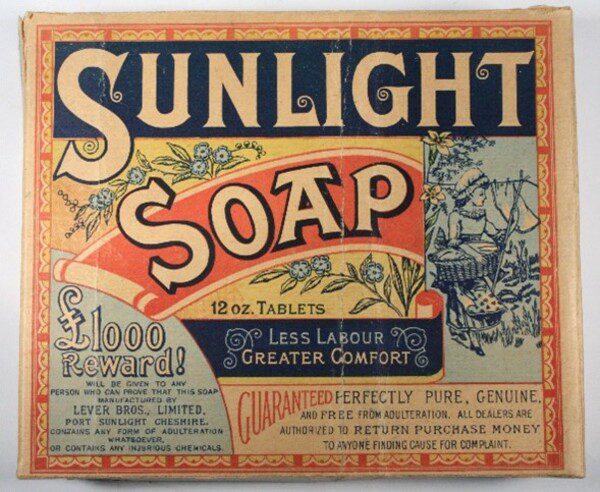
King Jaja: What Palm Oil Had to Do With it
By 1870, slaves were no longer a significant source of wealth and Britain had become the first industrialized nation. Palm oil was in high demand as factories needed it to lubricate their machines so they could run smoothly. The quest for palm oil would bring George Goldie and his United African Company to Nigeria.
George Goldie would infamously trick King Jaja of Opobo and other chiefs into signing agreements granting him exclusive rights to their palm oil. When the ex-slave, Jaja tried to export his own palm oil, he was accused of ‘obstructing commerce’ and sent into exile. When the headstrong Jaja tried returning in 1891, he was poisoned with a cup of tea. Ironically, Goldie’s company would later be absorbed by Unilever.
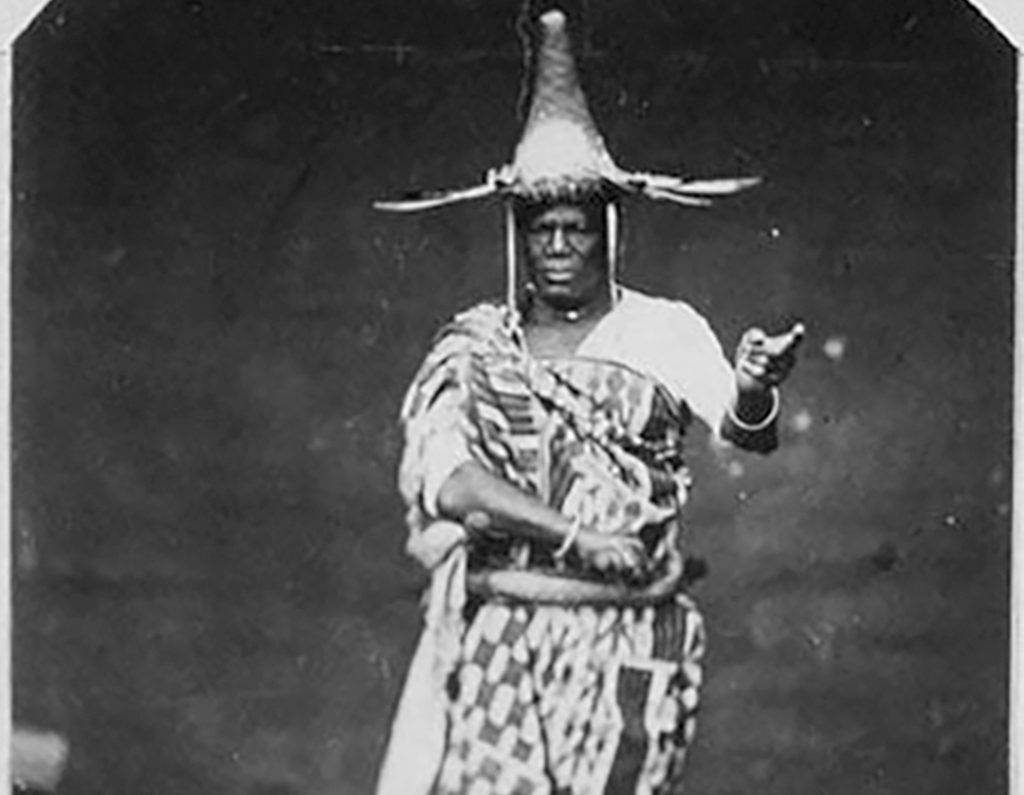
Coming to Nigeria
It was the availability of palm oil in tropical regions that brought Lever Brothers first to present-day Congo in 1911 and afterwards to Nigeria. In Nigeria, they would secure palm oil plantations that would give them a steady supply for their soap production.
In 1923, they began selling their soap in Nigeria. The next year, that is, 1924, they changed the name of the company to West African Soap Company. Two years later, they opened a soap factory in Apapa. As of 2023, 50% of their manufacturing materials were sourced locally.
They would introduce the famous OMO (short for Old Mother Owl) detergent in 1960. The product became very popular leading the company to build a factory for the manufacture of the detergent four years later. Unfortunately, in March 2023, Unilever announced that it would stop making its most iconic brand, OMO detergent alongside other of its staples, including Lux and Vaseline.
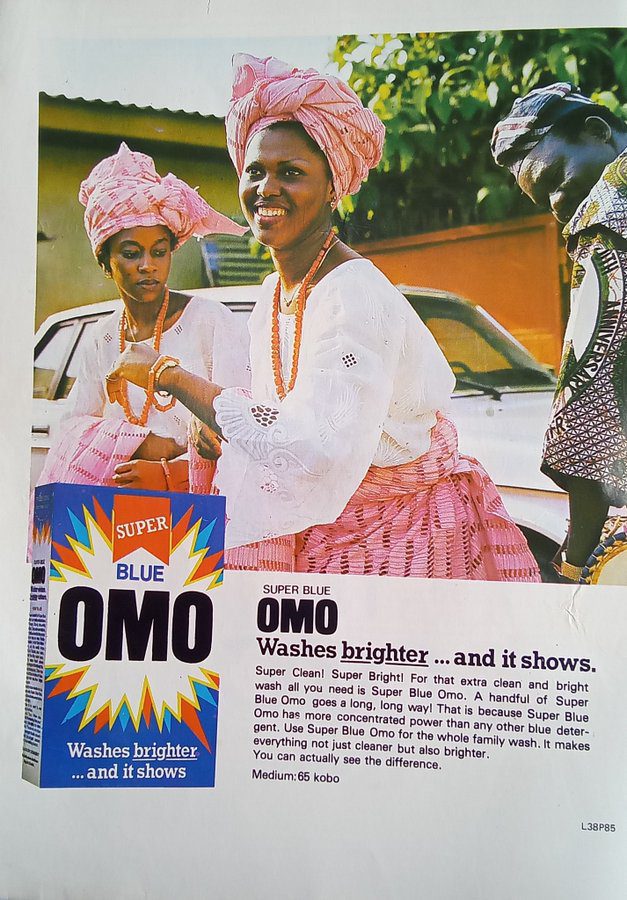
How Unilever Innovated through the 80s And Survived the 90s
In the 1980s, the company made a couple of key acquisitions, including Lipton Nigeria in 1985 and Chesebrough Ponds in 1988. These moves helped them diversify beyond just soaps and detergents into food, drinks, and skincare. By constantly evolving and making savvy business moves, Unilever would grow into one of Nigeria’s biggest consumer goods at the turn of the century.
In the 70s and through the 90s, PZ Cussons brought out Elephant and Jet, while Procter & Gamble showed up with Ariel, a detergent that hit the market hard with ads bragging about stain-busting power. Everyone was fighting for a spot in Nigerian homes, and it became a full-on detergent war. There were TV commercials, promo packs, and price cuts everywhere you looked. To survive, Unilever had to keep things fresh—improving OMO’s formula and throwing in masterful promotions to remain ahead of its competition.
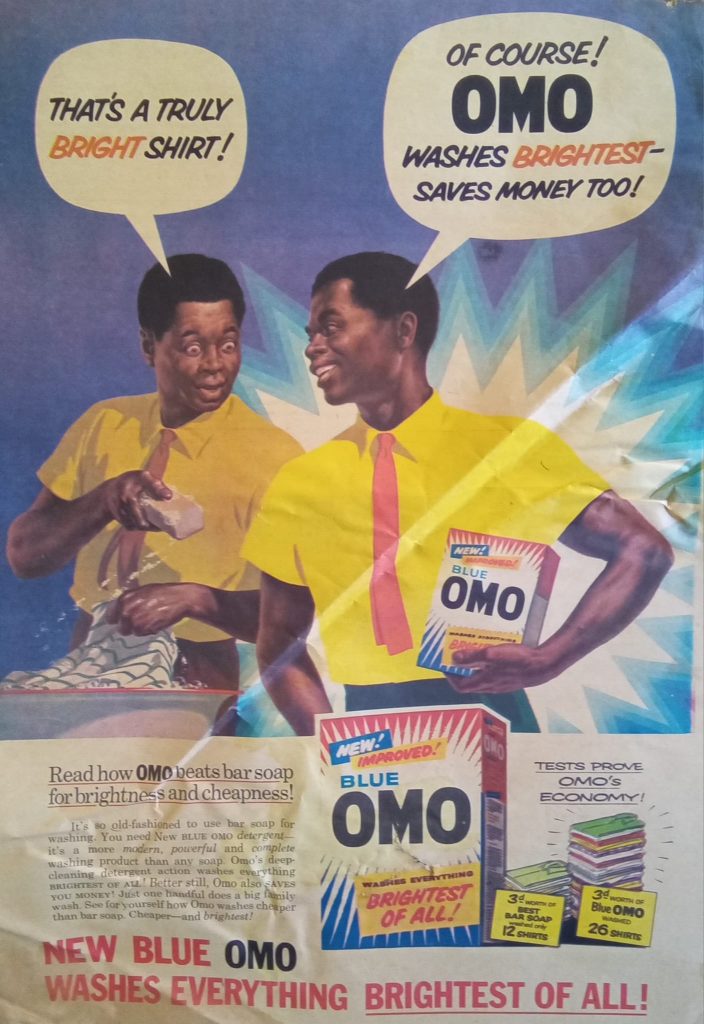
Becoming Unilever Nigeria Plc
In 2001, it would rebrand to Unilever Nigeria Plc as a way of doubling down on its commitment to the Nigerian market. It was also a part of their strategy to tailor products to local tastes and needs, which has helped it maintain a strong presence among Nigerian consumers.
While building a product portfolio, Unilever also put effort into setting up local factories. They had major production hubs in Apapa, Lagos, and other parts of the country. These facilities churned out items that became Nigerian household staples: Sunlight soap, Omo detergent, Blue Band margarine, and Lipton tea. Their factories are still operational till today. Thanks to these popular brands, Unilever solidified its grip on the market, creating staples known and used in Nigerian homes.
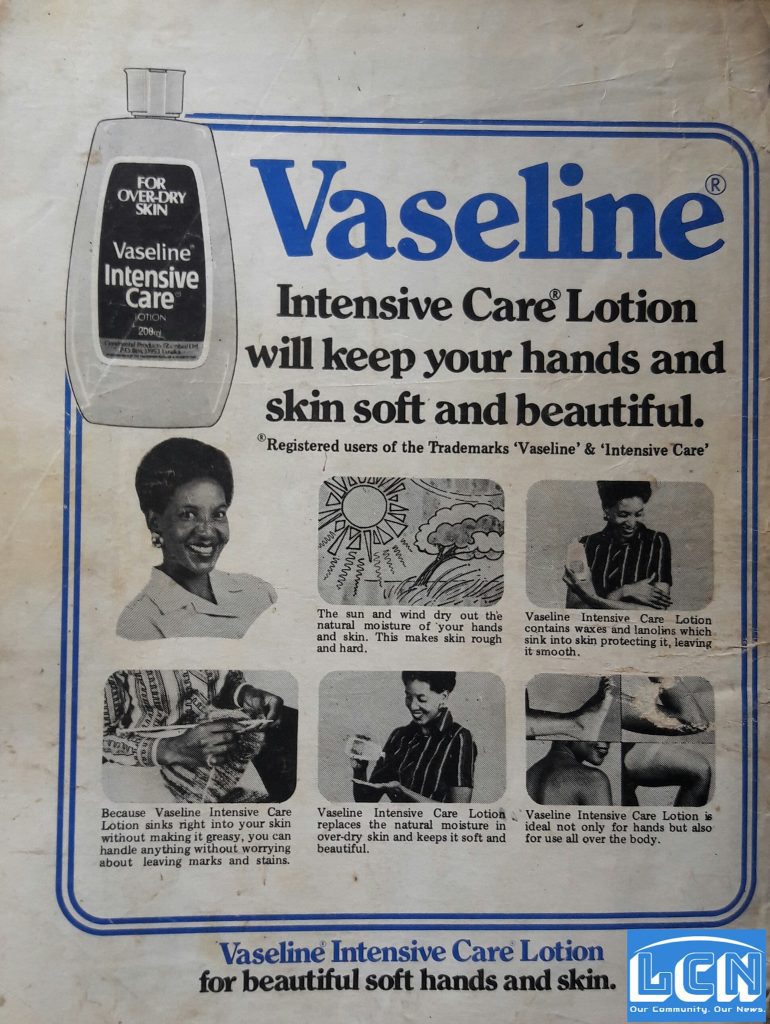
Going Public
By 1972, Lever Brothers was required by a new law to list 60% of its shares to the Nigerian public. This change meant that Nigerian stakeholders could finally share in the profits and have a say in how the company was run. As a public company Unilever Nigeria has had its ups and downs in the stock market.
For example, in 2021, the share price dropped to around N16.00 from a peak of about N60.00 in earlier years. Also, in 2023, its revenue dropped by a whopping 45.1 per cent from N23.92 billion in the period from January to December 2022 to N16.48 billion in 2023.
Despite these challenges which reflect the broader economic issues facing Nigeria, Unilever Nigeria remains a major player in Nigeria’s consumer goods sector steadily pulling in solid revenues. Investors consider it a long-term investment, especially given its established distribution network and popular brands and strong brand portfolio.
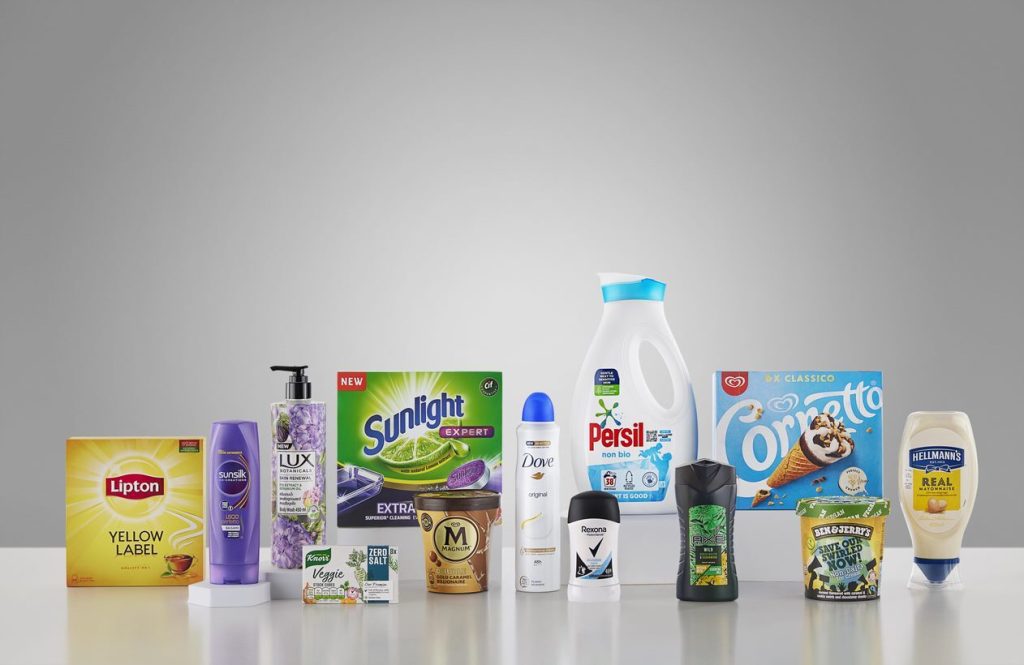
There’s A Chance You’ve Used One of these Unilever Products
- Lux
- Sunlight Soap
- Dove
- Pears
- Dove
- Close-Up
- Pepsodent
- Rexona (or Sure in some markets)
- Dove
- Omo (Persil in some markets)
- Blue Band
- Knorr (seasoning products)
- Nescafé (formerly owned by Unilever)
- Baby Care:
- Baby Dove
- Vaseline (in some markets)
- Knorr Bouillon cubes
Unilever Remains An Integral Part of the Nigerian Way of Life
Unilever don’t just make household products—they essentially shaped Nigeria’s consumer culture in ways that still resonate even today. From Blue Band margarine spreading across breakfast tables to mouthwashes with CloseUp to Lipton tea before school, these products are now integral parts of the daily routines of millions of Nigerians.
There is no greater way to describe Unilever’s cultural impact than their contribution to Nigeria’s urban dictionary. Whether it’s detergent, petroleum jelly, or seasoning, people now regard them as “Omo,” “Vaseline,” or “Maggi,” no matter the actual brand. This level of influence shows just how much Unilever products are deeply embedded themselves into Nigerian culture.
Unilever also changed the way Nigerians thought about branding and loyalty. Their brand campaigns were rooted in local insights. The company didn’t just sell soaps and food—they also sold lifestyles. Their advertisements were some of the most memorable. Those family-friendly adverts helped shape how Nigerians saw their homes whilst providing basic health and hygiene education.
Nigeria is a tough place to do business but through adaptability and staying relevant, Unilever remains woven into the fabric of Nigerian life. It has helped create habits, rituals, and preferences that endure today. And it is not going anywhere.
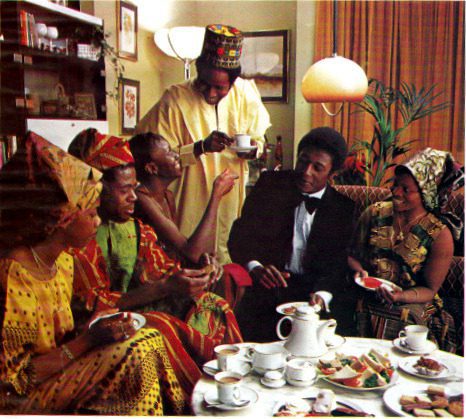
Source: Nigerian Nostalgia Project
Unilever Nigeria is a company that has been a part of Nigerian homes for 100 years. Whether it’s detergent, petroleum jelly, or seasoning, most household items we use are called Unilever products. You may just hear the Nigerian populace refer to these items with Unilever’s brand tags, such as “Omo,” “Vaseline,” or “Maggi,” no matter the actual brand.
Still Curios? Indulge in these histories:
Kingsway Stores: What Happened to Nigeria’s First Department Store: Journey through the golden days of Kingsway Stores and discover how this iconic retailer shaped Nigeria’s shopping culture—and why its memory still lingers today.
Oloibiri: The Town That Struck Oil and Got Screwed Over: Oloibiri, where Nigeria’s oil story began in 1956, should’ve been a tale of prosperity. Instead, it’s a story of broken promises, corruption, and environmental ruin. Where did it all go wrong?
The Ghost of Nigeria Airways: Why Your Flights Are Still Cursed by Its Collapse: Nigeria Airways crashed decades ago, but its legacy is still wreaking havoc on our skies today. Discover the haunting truth.








